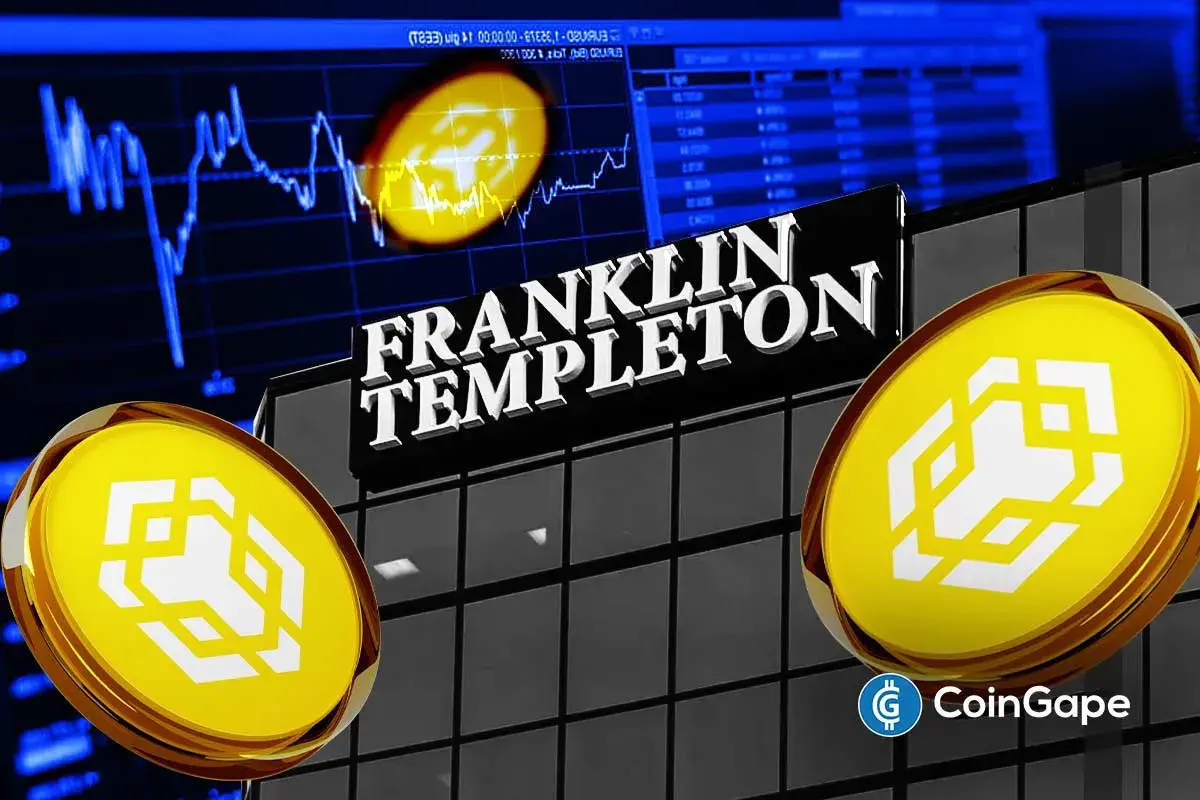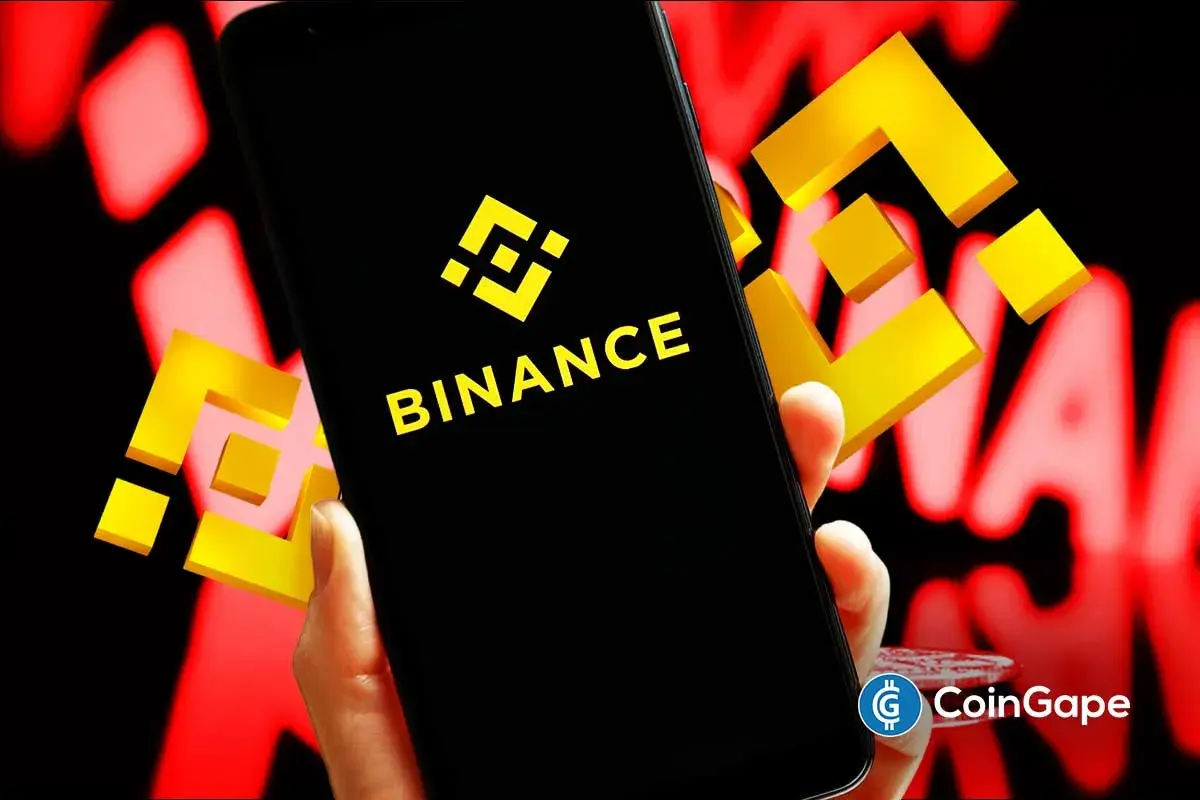Breaking: US SEC Files Coinbase Insider Case as Supplemental Authority in Binance Suit

Highlights
- U.S. SEC files to leverage the Coinbase insider trading case win in the Binance lawsuit
- SEC argues crypto assets bought in secondary market are securities under the Howey test
- SEC files a similar supplemental authority to double up its win in the Wahi case to lawsuit against Coinbase
In a significant development in the U.S. Securities and Exchange Commission (SEC) lawsuit against Binance, Binance.US and ex-CEO Changpeng Zhao, the securities regulator is leveraging the Coinbase insider trading case in the Binance lawsuit.
SEC Files Supplemental Authority in Binance Case
According to a court filing late March 4, the plaintiff SEC submitted a notice of supplemental authority to consider default judgment in SEC v. Wahi in the ongoing lawsuit against Binance Holdings.
Coinbase insider trading case involved Coinbase’s former product manager Ishan Wahi, his brother Nikhil Wahi, and their friend Sameer Ramani. In a default judgment, Judge Tana Lin ruled that the trading of certain crypto assets on a secondary market are securities.
The SEC argued that crypto assets purchased on trading platforms are securities because the assets were offered and sold as investment contracts under the Howey test. The SEC also cited Judge Rakoff ruling in the SEC lawsuit against Terraform Labs and Do Kwon, where the LUNA and MIR tokens were classified as securities.
SEC lawyers claim this is relevant for denying Binance, Binance.US, and CZ’s motions to dismiss the lawsuit. The securities regulator is apparently seeking to validate secondary crypto sales as an argument to gain upper hand in the ongoing lawsuits against crypto exchanges.
Also Read: Bitcoin (BTC) Price Nears All-Time High At $68,600, Further Rally Expected?
Just before filing in the Binance suit, the SEC submitted a similar supplemental authority to double up its win in the Wahi case to lawsuit against crypto exchange Coinbase. It is consistent with the SEC’s perspective that certain crypto transactions should be treated as securities transactions and are thereby subject to its regulation.
However, Coinbase CLO Paul Grewal has denied already that default judgment in Wahi lawsuit is not a valid precedent for other lawsuits or claiming jurisdiction over the crypto industry. He argued that default judgments aren’t contested, as they occur when the defendant fails to appear in court to contest the allegations.
Also Read: Fidelity Bitcoin ETF Clocks Record Inflows Above $400 Million, Trading Volumes SkyRocket
- Expert Predicts Bitcoin Dip to $49K as ‘Trump Insider’ Whale Dumps 5,000 BTC
- Bitcoin Price Rebounds $70K, Here are the Top Reasons Why?
- Crypto Market Weekly Recap: Crypto Bill White House Meeting, Binance Buys $1B BTC, and More (9- Feb 13)
- TRUMP Coin Pumps 5% as Canary Capital Amends ETF Filing With New Details
- Crypto Prices Surge Today: BTC, ETH, XRP, SOL Soar Despite US Government Shutdown
- Crypto Price Prediction For the Week Ahead: Dogecoin, Solana and Cardano
- Bitcoin Price Prediction: How Could Brazil’s Strategic Bitcoin Reserve Proposal Impact BTC?
- 3 Top Reasons Pi Network Price Surging Today (14 Feb)
- XRP Price Prediction Ahead of Potential U.S. Government Shutdown Today
- Bitcoin Price Outlook As Gold And Silver Lose $3.6 Trillion in Market Value
- XRP and Ethereum Price Prediction as Trump Seeks to Lower Key Tariffs

















